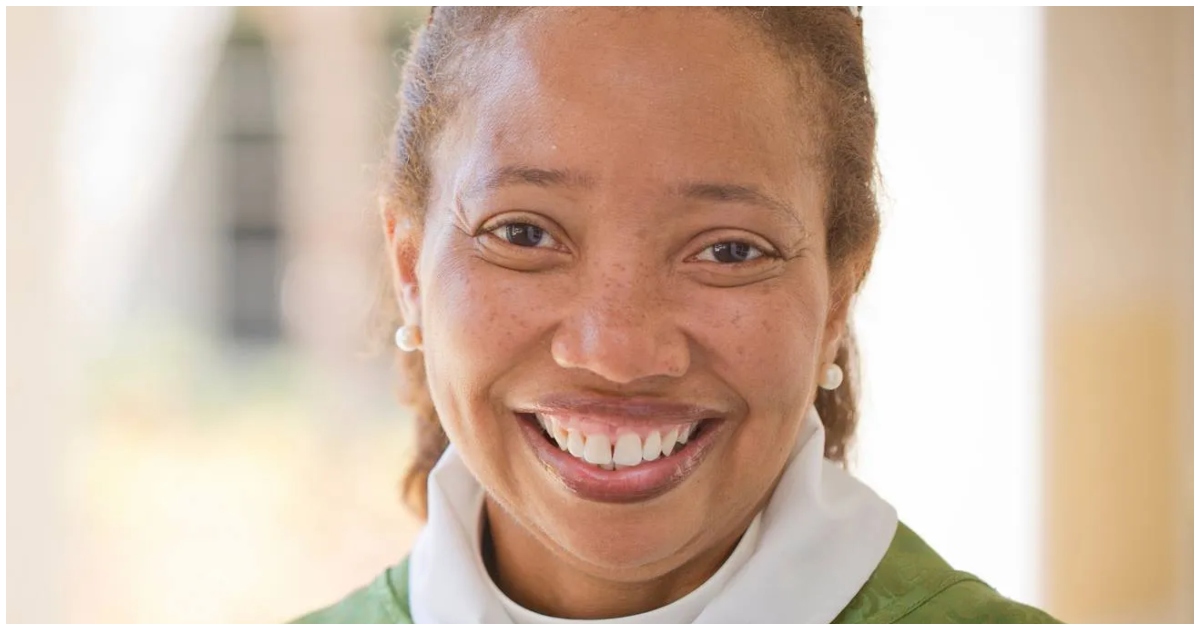The Episcopal Diocese of Mississippi made history on July 20, 2024. Rev. Dr. Dorothy Sanders Wells was formally installed as its newest bishop. She’s the first Black person and first woman to hold this position.
Groundbreaking Leadership in Mississippi’s Episcopal Diocese
Wells’ installation marks a significant milestone for the church. She was elected in February 2024 and has been active since May. However, this formal installation cements her place in history.
Michael Curry, the first Black presiding bishop of the Catholic Church, led the installation. Curry gained worldwide recognition for his sermon at Prince Harry and Meghan Markle’s wedding.
Focus on Community and Radical Love
Despite the historical significance, Wells remains focused on her mission. She told AL.com, “If it ends when our time together ends on Sunday mornings, then we have already missed the message.”
Wells emphasizes the importance of extending the church’s impact beyond Sunday services. She believes in showing “radical love and hospitality” in everyday life.
A New Chapter for Mississippi’s Episcopal Church
Wells replaces Brian Seage, who guided the diocese through challenging times. These included the COVID-19 pandemic and Jackson’s water crisis.
Seage highlighted the importance of Wells’ election. He told USA Today, “This is a historic moment and this marks a new chapter in our history.”
Wells’ Background and Vision
Hailing from Mobile, Alabama, Wells brings a diverse educational background to her role. She holds degrees in vocal performance, law, divinity, and ministry from prestigious institutions.
Wells expressed her commitment to engaging with the community. She plans to meet clergy and laypeople across different convocations. Her goal is to build relationships and explore new ways to serve God.
Continuing the Trend of Diverse Leadership
Wells’ appointment follows a trend of increasing diversity in church leadership. In 2022, Sharma Lewis became the first Black woman to serve as bishop of the Mississippi United Methodist Church.
This shift reflects the church’s efforts to better represent its diverse congregation. It also signals a move towards more inclusive leadership in religious institutions.





